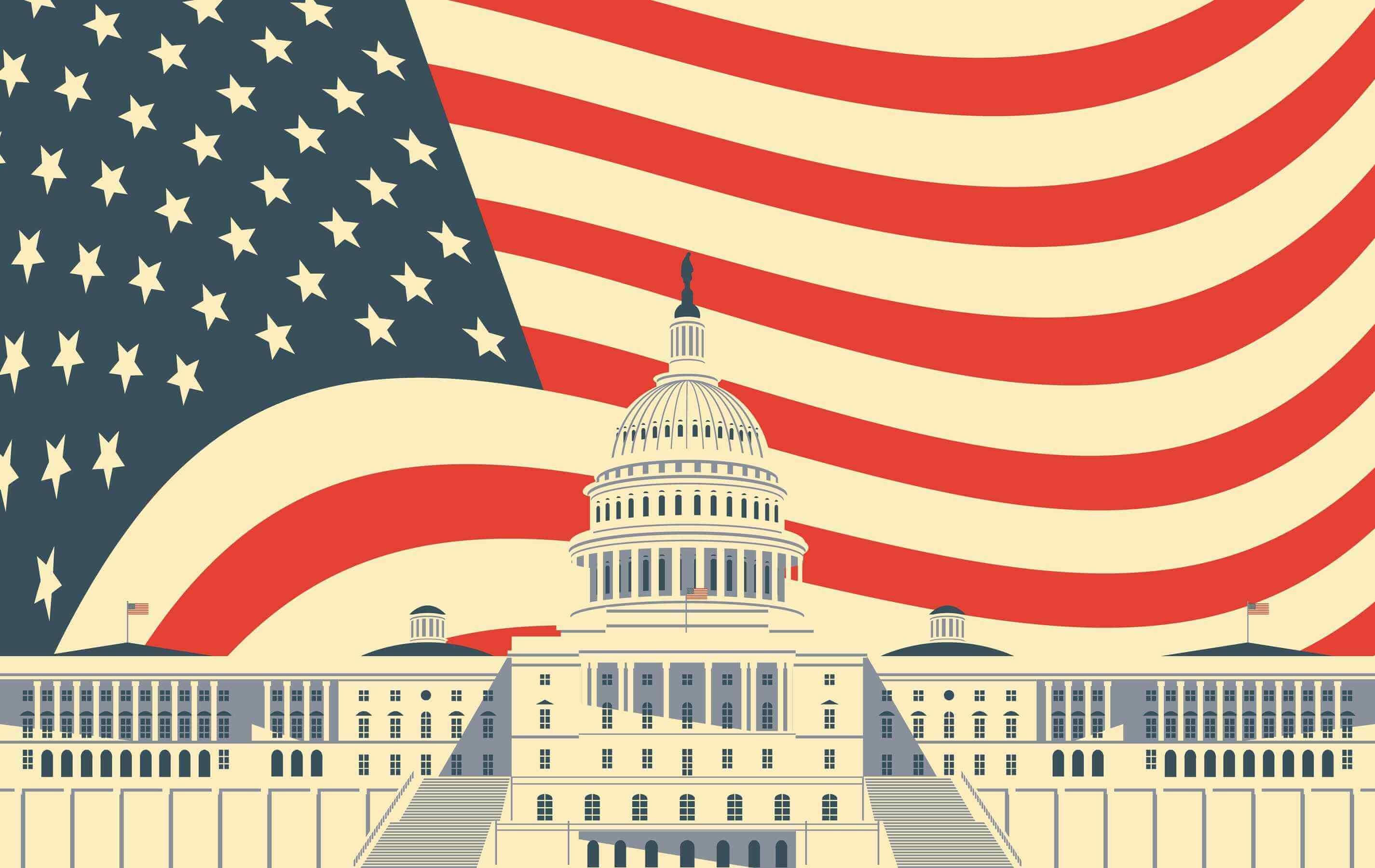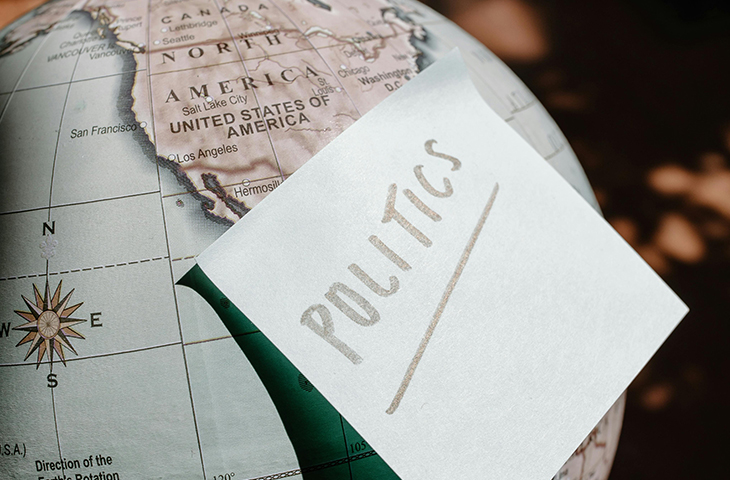Doge Targets Us Foreign Aid Agency Created Under First Trump Administration

DOGE has descended on the U.S. International Development Finance Corporation, one of the last remaining foreign aid agencies that hasn’t yet been obliterated by the Trump administration.
A team of DOGE personnel, led by Nate Cavanaugh, went to DFC headquarters in Washington on Monday to begin assessing the agency’s effectiveness and alignment with the president’s agenda, according to two people familiar with the situation. Both were granted anonymity to speak openly.
The DFC was created with bipartisan congressional support during the first Trump administration to provide private sector funding for development projects in lower- and middle-income countries — offering an alternative to China’s Belt and Road infrastructure initiative. Its initial head was Adam Boehler, a close associate of Trump’s son-in-law Jared Kushner.
Until now, it has been one of the few aid agencies to avoid deep cuts as part of the Trump administration’s aggressive campaign to shrink the size of the government. Proponents of the agency say its mandate to link private investment with government loans is crucial to U.S. efforts to compete with China.
But other aid and foreign policy agencies have already been axed by the Trump administration despite stiff opposition from some lawmakers and development experts. The administration has dismantled the U.S. Agency for International Development, folding its remnants into the State Department, and moved to shutter smaller institutions including the U.S. Institute for Peace and the Wilson Center, both congressionally funded think tanks.
Cavanaugh last month was named acting president of USIP, according to court filings released shortly after nearly all of the institution’s 300 staff members were fired. Other DOGE members involved in conversations with DFC and a slew of other small and medium-sized independent agencies include Jonathan Mendelson, Ethan Shaotran and Marshall Wood, according to one of the officials with direct knowledge of the meetings.
"Last week, DFC welcomed staff from the Department of Government Efficiency to DFC headquarters," a DFC official said in a written response to a request for comment. “Our team is committed to addressing their requests and highlighting the efficiency and effectiveness of DFC’s operations. We will also demonstrate how DFC is actively implementing the administration’s executive orders and priorities, as we work to mobilize private capital and deliver returns to American taxpayers.”
The DFC has played a key role in securing hundreds of millions of dollars of loan assistance for a U.S.-led effort to create a trans-Africa railway system that would bring critical mineral resources from central Africa to Atlantic ports. That project, known as the Lobito Corridor, is viewed as a poster child of how the United States can compete with Beijing’s Belt and Road projects.
DFC pairs government funding with private investors to help bankroll infrastructure and development projects in West Africa, India and South America.
Some administration insiders believe the DFC could fare better than other U.S. agencies that Trump abruptly dismantled — including USAID and USIP — because it aligns with the Republican party’s agenda of countering China abroad with private sector investments. A 2024 report from the Government Accountability Office determined that between 2013 and 2021, China bankrolled $679 billion in projects on critical infrastructure including transportation and energy around the world, compared to just $76 billion by the United States.
A version of this story previously appeared in POLITICO’s West Wing Playbook.


